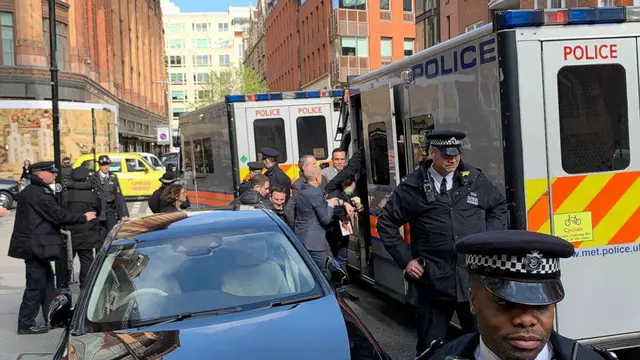Myanmar is on way to draft framework for holding political dialogue in a bid to end armed conflicts in the country, trying to form a trilateral Union Peace Dialogue Joint Committee (UPDJC) to start drafting the dialogue framework under the peace process.
The 48-member UPDJC will involve 16 representatives each from the government, ethnic armed groups and political parties to lead political dialogue, according to the second day meeting of the Joint Implementation Coordination Meeting (JICM) on Nationwide Ceasefire Agreement held on Wednesday in Nay Pyi Taw.
Drafting of the framework for political dialogue is expected to be able to start before Dec. 14, according to the timeline of the ceasefire term already stipulated and the formal dialogue is also expected to start before Jan. 14, 2016 after the political dialogue framework is signed to lay foundation of the peace process for the new government.
U Aung Min, who is Vice Chairman of the government's Union Peace Making Work Committee and current Minister at the President' s Office, expressed the government's pledge to implement the Nationwide Ceasefire Accord (NCA) without breaking promise in the remaining period of the present term of the government and strive for realizing the political dialogue as well as bringing in for signing by the non-ceasefire-signatory groups to complete the peace process.
Current Vice President Dr. Sai Mauk Kham hailed the peace plan, saying that it is another step toward implementing the NCA.
He urged all stakeholders to maintain the current status quo and carry on the remaining tasks of the JICM.
Myanmar government and eight ethnic armed groups out of 15 signed the NCA on Oct. 15 , agreeing at their Oct. 31 first JICM on some post-ceasefire steps for adherence by both sides until 30 days after the NCA signing.
The two sides were set to draw up a political framework within 60 days after the formal NCA signing and start a political dialogue within 90 days.
The eight signatories of the armed groups are Kayin National Union (KNU), Kayin National Liberation Army (KNLA)-Peace Council, Pa-O Nationalities Liberation Organization (PNLO), All Burma Students'Democratic Front (ABSDF), Chin National Front (CNF), Arakan Liberation Party (ALP) , Democratic Kayin Buddhist Army (DKBA) and Restoration Council of Shan State (RCSS) / Shan State Army-South (SSA-S).
The two sides also pledged to strive for enabling seven other remaining non-ceasefire groups to join the signing and complete the peace process.
The seven remaining non-ceasefire groups out of the 15 are Kachin Independence Organization (KIO), Kayinni National Progressive Party(KNPP), National Demoratic Alliance Army (NDAA), New Mon State Party (NMSP), National Socialist Council of Nagaland-Khaplang (NSCN-K), Palaung State Liberation Front (PSLF), Shan State Progressive Party/Shan State Army-North (SSPP/SSA-N) and United Wa State Army (UWSA).
As for still more remaining groups, which were not invited in the peace deal but were proposed for inclusion in the signing process by the ethnic side, the government agreed earlier for three of them to take part in political dialogue, namely Lahu Democratic Union, Arakan National Council and Wa National Organization, while separate talks are set to be held with Kokang' s Myanmar National Democratic Alliance Army (MNDAA) and Arakan Army (AA), while the Taaung National Liberation Army (TNLA) is likely to sign the NCA if it reaches bilateral agreement with the government.
Efforts for the formal NCA signing were made through more than one year's negotiation between the two sides.
The peace process began in November 2013 when the government's Union Peace Making Work Committee ( UPWC) and ethnic armed groups' National Ceasefire Coordination Team (NCCT) met in Myitgyina, Kachin state's capital, for the nationwide ceasefire talks, while the final round, which was the 9th, was held in Yangon in August. Enditem
 简体中文
简体中文

